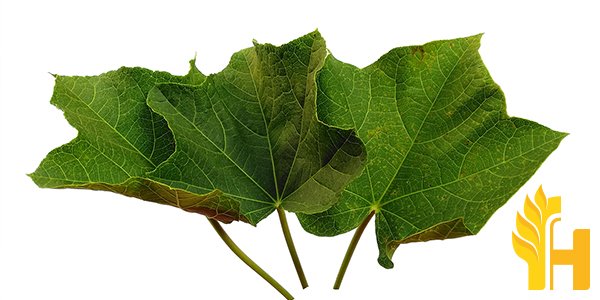Ricinus price

Where to buy and sell Ricinus, lowest (cheapest) and highest price.
check offers buy sell RicinusToday price for RicinusRicinus
Ricinus, commonly known as castor oil plant or castor bean, is a species of perennial flowering plant in the spurge family, Euphorbiaceae. It is the sole member of the monotypic genus, Ricinus, and subtribe, Ricininae. The generic name derives from the Latin word for tick, ricinus, referring to the shape of the seeds. The castor oil plant is native to tropical Africa and has been naturalized in many parts of the world, including India, Pakistan, Bangladesh, Sri Lanka, Thailand, Vietnam, Malaysia, Indonesia, Philippines, China, Taiwan, Australia, New Zealand, Mexico, Costa Rica, Colombia, Brazil, Argentina, Uruguay, Peru, and the southeastern United States. The plant is also known as the African coffee tree, Barbados nut tree, kaffir oil plant, Palma Christi (Latin for "hand of Christ"), and mongongo nut tree. Ricinus communis is a large perennial shrub or small tree growing to 12 m (39 ft) tall, with an extensive, but generally rather sparse, root system. The leaves are alternate, simple palmate lobed with five to seven lobes, larger and broader towards the base of the plant; they are dark green above, paler below, with a variable red tint. The leaf stalks are armed with sharp, stiff spines. The flowers are borne in clusters of three to five on a branched inflorescence; each flower is small, bisexual, and white or pale pink with conspicuous red stamens. The fruit is a cluster of brown or black seeds inside a fleshy, red, pear-shaped receptacle; each seed is kidney-shaped, glossy black, and about 1 cm (0.4 in) long. The seeds contain the highly poisonous ricin toxin. Ricinus communis has been introduced to many other countries as a crop plant, ornamental, and weed. In some areas, it has become an invasive species. Ricinus communis is used as an ornamental plant in gardens, where it may be planted as a hedge or shrub, grown for its striking glossy leaves, and sometimes for its flowers. It is also used to make dyes and pigments as well as medicines. As of September 2015, castor oil prices have been volatile, ranging from $0.60 to $1.20 per pound. In 2016, the cost of castor oil in India reached Rs 13 per kg ($2.08 per pound). Castor oil is used as a bio-based polyol in the polyurethane industry. Bio-based polyols are a renewable resource and offer an alternative to fossil-fuel-based polyols. The main advantages of using castor oil as a bio-based polyol are its low price, renewability, and biodegradability. Castor oil is also used as a lubricant, fuel, and hydraulic fluid. It is also used in the manufacturing of soaps, detergents, inks, paints, coatings, and resins. The global castor oil market is expected to grow at a CAGR of 4.5% from 2016 to 2021. The Asia-Pacific region is the largest market for castor oil and is expected to grow at a CAGR of 5.5% from 2016 to 2021. The growth of the castor oil market in the Asia-Pacific region is driven by the increasing demand from the end-use industries, such as lubricants, paints & coatings, and resins & plastics.Global ricinus production
Ricinus production is concentrated in a handful of countries, led by India. In 2013, India produced 1.3 million metric tons of ricinus, or nearly 60% of the world's total. Other leading producers include Brazil (22%), Ethiopia (9%), and Mexico (4%). The vast majority of ricinus plants are grown for their oil, which is used in a variety of industrial and commercial applications. Ricinus oil is used as a lubricant, a purgative, and an insecticide. It is also an ingredient in some cosmetics and medicines. A small amount of ricinus is grown for its seeds, which are used as bird feed. Ricinus production has increased steadily in recent years, due to the growing demand for ricinus oil. Global production is expected to reach 1.7 million metric tons by 2017. India, Brazil, and Ethiopia will continue to be the leading producers of ricinus. Most ricinus plants are grown in tropical and subtropical regions. India, Brazil, and Ethiopia have the ideal climate for growing ricinus. These countries also have large agricultural sectors and a ready supply of labor. Ricinus production is likely to expand to other countries in the future, as demand for ricinus oil grows. The global ricinus market is expected to reach $2.9 billion by 2020. The growing demand for natural ingredients in cosmetics and medicines will drive the market for ricinus oil. Ricinus oil is also used as a biofuel, and the rising price of crude oil will increase the demand for ricinus as an alternative fuel source.Download our new
Husfarm App
Stay up to date with the current prieces of agricultural products all over the world.
Do you want to sell agricultural products?
Are you an Agricultural processor looking for high-quality products to buy?
Post an ad for FREE!
